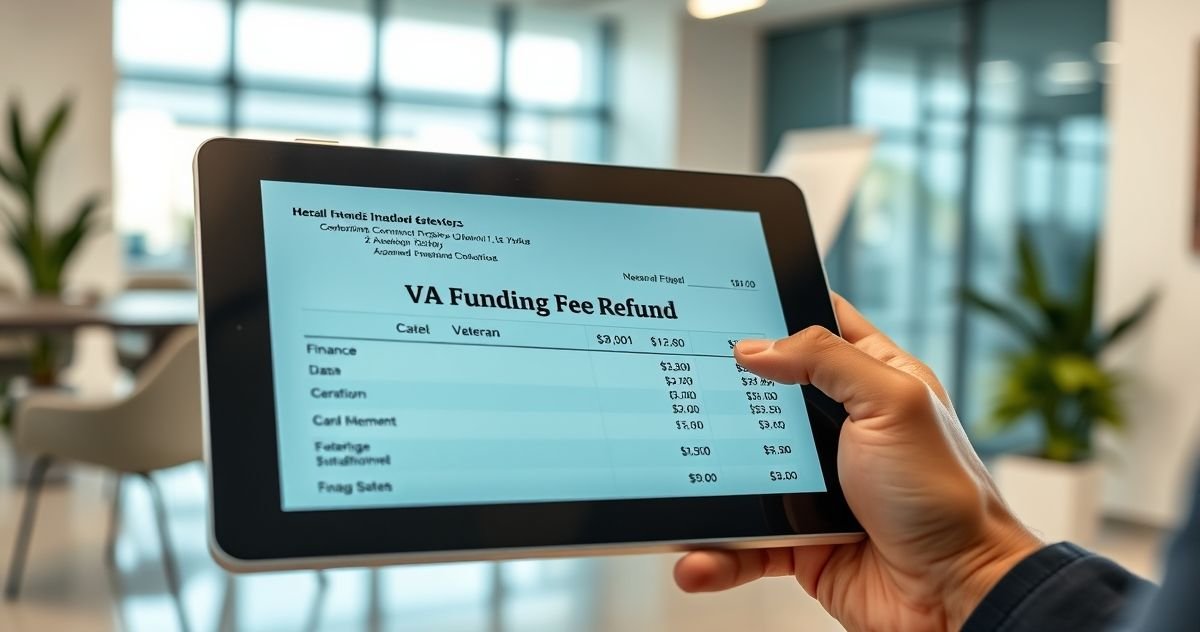The VA funding fee is a one-time charge veterans pay when using a VA-backed home loan, typically rolled into the mortgage. It helps fund the VA loan program by offsetting losses from defaults. However, certain veterans and service members are exempt from this fee, such as those with a service-connected disability, Purple Heart recipients, or surviving spouses receiving Dependency and Indemnity Compensation (DIC).
A VA funding fee refund occurs when a veteran pays the fee at closing because their exemption was not confirmed yet but later receives a retroactive benefit that qualifies them for an exemption as of the loan closing date. For example, if a disability rating is approved retroactively to before the loan closing, the VA will refund the funding fee paid.
The refund process is often automatic: the VA matches loan closing data with updated disability records. If eligible, and your loan is still active, the refund is sent to your lender and applied directly to the loan principal, reducing your loan balance. If the loan is paid off, the VA mails the refund directly to you.
Veterans can check if they qualify by reviewing their Certificate of Eligibility and disability award letter’s effective date compared to their loan closing date. If you believe you qualify but haven’t received a refund, contact your mortgage lender first, then the VA Regional Loan Center if needed.
Exemptions from the funding fee include:
- Receiving VA compensation for service-connected disabilities.
- Eligible for compensation but receiving military retirement or active-duty pay instead.
- Surviving spouses receiving DIC from a veteran who died from service-related causes.
- Active-duty personnel awarded the Purple Heart before loan closing.
For more on the initial funding fee, see our guide on the VA Funding Fee.
Refunds typically take 6 to 8 weeks or more once processed. These refunds are not taxable income, as the IRS treats them as adjustments to the home’s purchase price. The refund rules apply to purchase loans and Interest Rate Reduction Refinance Loans (IRRRLs) as well.
For authoritative details, visit the VA’s funding fee page and consult IRS guidelines on related tax treatment.
Understanding your eligibility and proactively following up can put thousands of dollars back in your pocket or reduce your mortgage balance significantly.



